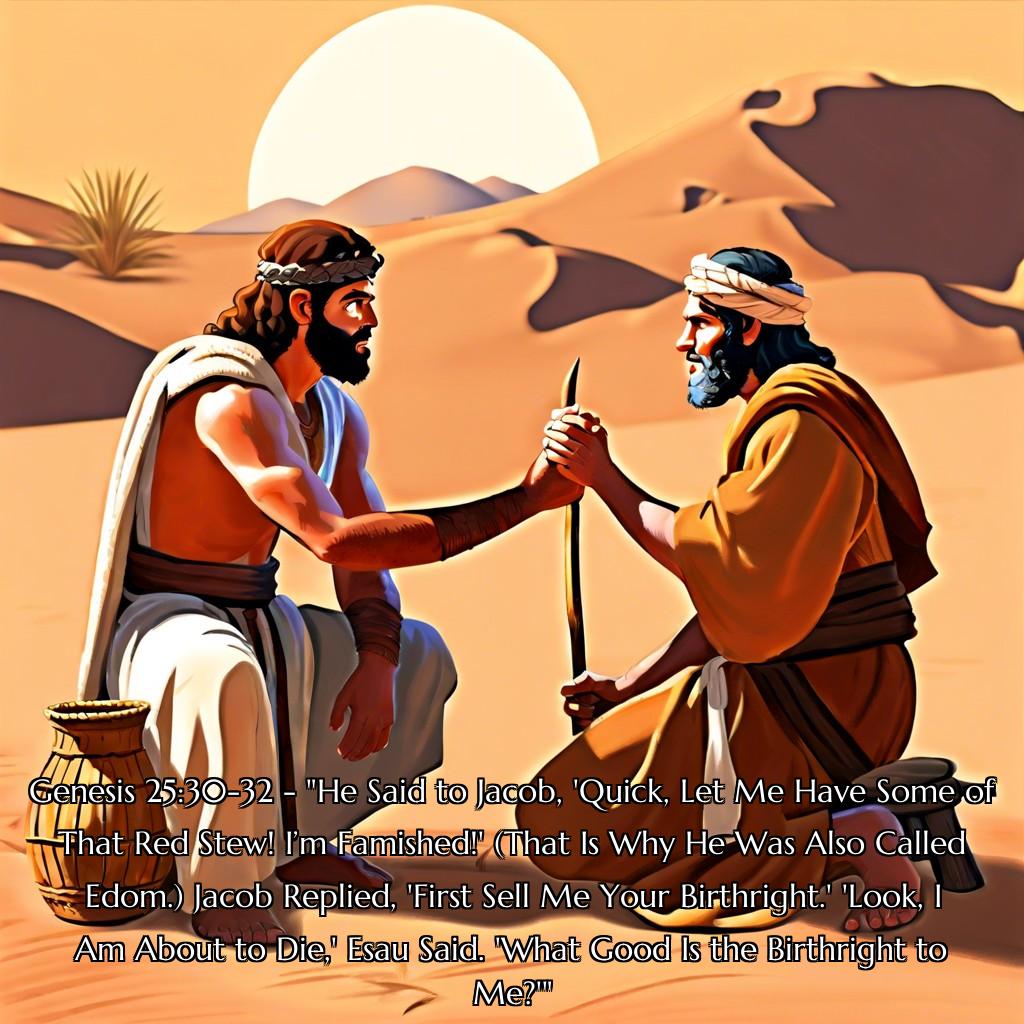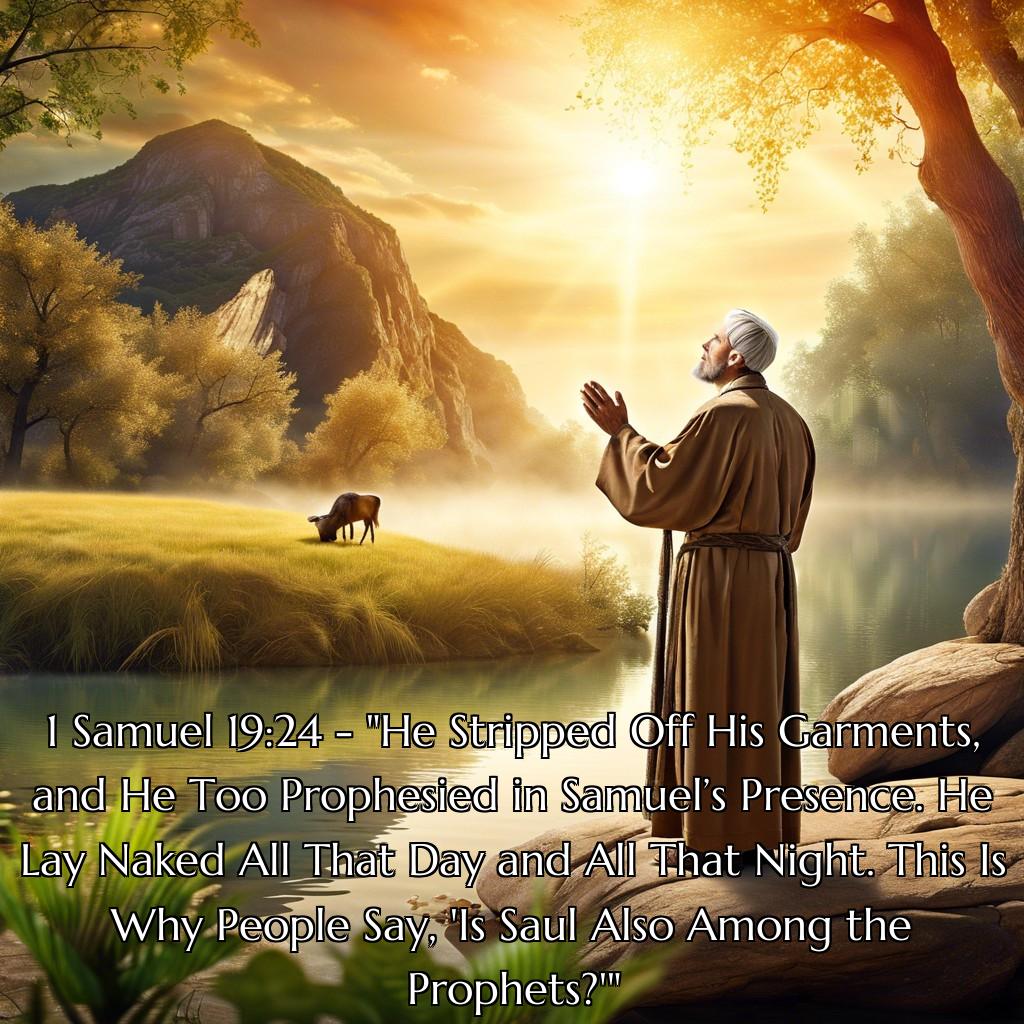Discover a collection of funny Bible verses that show humor even in scripture.
Sometimes the Bible surprises us with verses that can make us grin, chuckle, or even laugh out loud. The witty, odd, and unexpected passages challenge our perceptions and add a dash of humor to our spiritual journey. Ready to explore some of these amusing gems? Dive into these delightfully funny Bible verses that showcase the lighter side of scripture, and discover their meanings that are sure to entertain and enlighten!
Proverbs 21:9 – “Better to Live On a Corner of the Roof Than Share a House With a Quarrelsome Wife.”

This verse paints a vivid and humorous picture to underscore a deeper truth about relationships and domestic harmony. Living on the roof, even a corner, suggests an extreme escape from persistent conflict.
First, it highlights the impact of a quarrelsome nature, not just on the person being argued with, but the entire living environment. Constant strife can make a place of comfort unbearable.
Second, the verse serves as a gentle nudge towards fostering patience and understanding within the home. Harmony in the household is priceless and worth striving for.
Lastly, the imagery of a rooftop corner, exposed to harsh elements, amplifies the discomfort of unresolved tensions compared to finding peace, even in seemingly inconvenient places. This proverbial wisdom encourages us to prioritize peace over winning every argument.
Proverbs 27:14 – “If Anyone Loudly Blesses Their Neighbor Early in the Morning, It Will Be Taken As a Curse.”

Being overly enthusiastic early in the morning isn’t always appreciated. That’s the charm of this verse. It’s a humorous take on social etiquette. Here are some key points:
Respect morning routines: Not everyone is a morning person. Enthusiastic greetings can feel overwhelming.
Timing matters: A well-meaning blessing can be perceived negatively if delivered at the wrong time.
Consider others: Thoughtfulness in our interactions can make our blessings feel genuine and welcome.
Everyday wisdom: This verse reminds us to be mindful of how we communicate, ensuring our good intentions are well-received.
Proverbs 26:11 – “As a Dog Returns to Its Vomit, So Fools Repeat Their Folly.”

This verse paints a vivid and somewhat amusing picture, but it carries a deep message. It likens the behavior of a fool to a dog that returns to its vomit, a strong image that highlights the absurdity of repeating the same mistakes.
– Dogs, by nature, perform actions that seem irrational and unappealing to humans. This comparison emphasizes how senseless it is when people repeatedly engage in foolish behavior.
– The repetition of folly symbolizes a lack of learning and growth. Wise individuals learn from their errors; fools, however, do not.
– This proverb serves as a caution, urging readers to reflect on their actions and strive to make better choices.
The humor lies in the gross-out nature of the imagery, while the wisdom cautions us against mindlessly falling into the same traps over and over.
2 Kings 2:23-24 – “From There Elisha Went Up to Bethel. As He Was Walking Along the Road, Some Boys Came Out of the Town and Jeered At Him. ‘Get Out of Here, Baldy!’ They Said. ‘Get Out of Here, Baldy!’ He Turned Around, Looked At Them and Called Down a Curse On Them in the Name of the Lord. Then Two Bears Came Out of the Woods and Mauled Forty-two of the Boys.”

This passage is one of those surprising and darkly humorous moments in the Bible. Elisha, fresh from inheriting the prophetic mantle of Elijah, faces a group of disrespectful boys mocking his baldness. Sure, it sounds like typical childish taunting, but the outcome is anything but typical.
Firstly, it’s important to note that insulting a prophet was considered a serious offense. Elisha’s reaction underscores the gravity of disrespecting God’s messengers. The boys weren’t just teasing; they were showing blatant disrespect for divine authority.
Then, there’s the unexpected twist—two bears coming out of nowhere to maul the boys. This serves as a dramatic and somewhat grim reminder that actions have consequences.
Finally, this story exemplifies God’s protection over His chosen servants. Even though it’s an extreme example, it underscores the seriousness with which God regards His representatives.
In a nutshell: respect for divine authority, consequences for actions, and divine protection all are amplified in this brief, startling story.
Judges 3:22 – “Even the Handle Sank in After the Blade, and His Bowels Discharged. Ehud Did Not Pull the Sword Out, and the Fat Closed in Over It.”

This verse offers a vivid and somewhat humorous picture of Ehud’s assassination of King Eglon. Here are a few key points to understand this verse better:
First, the graphic detail emphasizes the gruesomeness of the act, highlighting the dangers and realities of ancient warfare.
Second, the description of the blade disappearing and the fat closing over it serves to underscore Eglon’s obesity, which adds an element of dark humor.
Third, this account shows Ehud’s resourcefulness and determination, illustrating the lengths to which he went to free the Israelites from Moabite oppression.
Finally, the story’s vividness ensures it lingers in the reader’s mind, underscoring the unexpected and often paradoxical methods God uses through His chosen leaders.
Numbers 22:28-30 – “Then the Lord Opened the Donkey’s Mouth, and It Said to Balaam, ‘What Have I Done to You to Make You Beat Me These Three Times?’ Balaam Answered the Donkey, ‘You Have Made a Fool of Me! If Only I Had a Sword in My Hand, I Would Kill You Right Now.’ The Donkey Said to Balaam, ‘Am I Not Your Own Donkey, Which You Have Always Ridden, to This Day? Have I Been in the Habit of Doing This to You?’ ‘No,’ He Said.”

The scene where Balaam’s donkey speaks provides an unexpected dose of humor in the narrative. Balaam, a prophet, is caught up in his own frustration and anger, and the ridiculousness of the situation is heightened when his donkey begins to talk back.
Firstly, this passage illustrates the stubbornness and shortsightedness of Balaam. Even when faced with a miraculous event, he argues with his donkey without questioning the strangeness of the situation.
Secondly, the conversation between Balaam and his donkey adds a layer of irony. The donkey, typically a symbol of stubbornness, appears wiser than the prophet by questioning Balaam’s impulsive behavior.
Lastly, the humor serves to emphasize a divine lesson. God’s intervention through a talking animal highlights the importance of humility and paying attention to divine signs, no matter how unexpected they might be. This unique method of communication underscores the need for discernment and patience, even when frustrated.
This episode reminds readers not to overlook the wisdom that can come from the most unlikely sources.
Genesis 25:30-32 – “He Said to Jacob, ‘Quick, Let Me Have Some of That Red Stew! I’m Famished!’ (That Is Why He Was Also Called Edom.) Jacob Replied, ‘First Sell Me Your Birthright.’ ‘Look, I Am About to Die,’ Esau Said. ‘What Good Is the Birthright to Me?'”

Esau’s dramatic plea for Jacob’s stew offers a glimpse into impulsive behavior.
Firstly, Esau’s hunger drives him to undervalue his birthright, risking long-term inheritance for immediate gratification. It’s a vivid example of letting temporary needs cloud judgment.
Secondly, Jacob shrewdly seizes the opportunity, highlighting his cunning nature. This exchange foretells future events where Jacob’s resourcefulness prevails.
Lastly, the verse underscores human frailty, showing how basic desires can lead to significant consequences. Esau’s exaggerated sense of hunger adds a humorous touch, emphasizing the lengths we sometimes go for quick relief.
1 Samuel 19:24 – “He Stripped Off His Garments, and He Too Prophesied in Samuel’s Presence. He Lay Naked All That Day and All That Night. This Is Why People Say, ‘Is Saul Also Among the Prophets?'”

Saul’s peculiar episode of stripping off his garments and lying naked while prophesying can leave many scratching their heads.
First, it’s essential to understand the context. Saul was on a mission to capture David, but God intervened.
Rather humorously, Saul’s very determination to arrest David was thwarted by divine intervention, leading to unusual behavior.
The phrase “Is Saul also among the prophets?” became a proverb, highlighting the unexpected nature of his actions.
Reflect on how God often uses unexpected means to achieve His purposes. In the Bible, these moments serve to show that divine plans can upend even the most resolute human intentions.
Acts 20:9 – “Seated in a Window Was a Young Man Named Eutychus, Who Was Sinking Into a Deep Sleep As Paul Talked On and On. When He Was Sound Asleep, He Fell to the Ground From the Third Story and Was Picked Up Dead.”

It’s easy to imagine Eutychus struggling to stay awake as Paul’s sermon stretched late into the night. Unfortunately for him, his chosen seat on the window ledge wasn’t the best spot for a nap. Falling from the third story, he was picked up dead. Thankfully, the story has a happy ending—Paul brings him back to life shortly after.
- This verse serves as a humorous reminder about human nature:
- Even biblical figures struggled to stay awake during lengthy sermons.
- It emphasizes the importance of paying attention, especially in precarious situations.
- The story showcases God’s power to restore life, even in seemingly tragic or comedic circumstances.
- It subtly encourages selecting safer seating and staying engaged in spiritual gatherings.
Eutychus’ tale blends humor and a miracle, highlighting the humanity and divine power present in the Bible.





